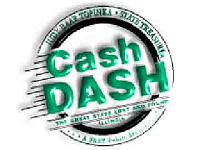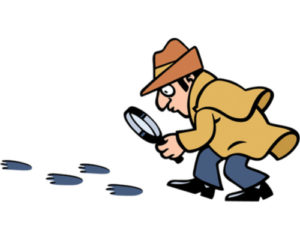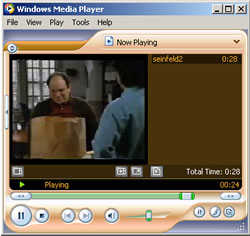 The Illinois Dash For Cash is the term the Illinois Treasure’s Department uses to describe their unclaimed money search website.
The Illinois Dash For Cash is the term the Illinois Treasure’s Department uses to describe their unclaimed money search website.
CHICAGO — You say you could never lose your money? You could be surprised, NBC5’s Kim Vatis said, because according to the State Treasurer, there could be a one-in-five chance that some of the forgotten funds held by the Illinois Treasurer’s Office belong to you. All you need is your name on the Illinois Dash For Cash website , and the state’s computers will figure out if you’re entitled to any of the unclaimed money. “I had a deceased aunt, with a savings account (that was) never claimed,” said Fadi Zanayed. The unclaimed funds usually come from forgotten bank accounts, stocks, bonds, security deposits and insurance checks, Vatis reported, but sometimes, she said, even entire estates go unclaimed. While the average payout is $400 to $600, Vatis said, there are also bigger windfalls. Steve Dugan, for instance, was able to claim more than $20,000. “I was kind of shocked,” Dugan said. “How could I have lost this without knowing it?” One claim alone gave him a $13,000 check. “They told me Chase Manhattan Bank, out of New York,” Dugan said of the money’s source. “I don’t know (why it was there) — could have been stocks, bonds, inheritance.”
State Treasurer Judy Baar Topinka initiated “Illinois Dash for Cash,” the state’s campaign to get people their money. “We just try to pump it back,” Topinka said. “Over the last two years, we’ve returned $125 million to people.” The biggest payout, so far, has been $800,000, according to Topinka. Topinka said the number of potential claimants gives Illinois residents a one-in-five chance of being on the list of people whose money is being held by the state of Illinois. “We’re talking five million names and $1 billion,” Topinka said. “So, really, with one-in-five chances, you’ve got something better than the lottery!” The billion dollars’ worth of unclaimed assets that have been abandoned for five years or more sit in a vault at the state capitol in Springfield.
Allissa Camp, Director of Unclaimed Property, showed Vatis the stash of goods. “And it’s not just money,” Camp said. “These jewels and valuables are simply left in safety deposit boxes. An amazing array of collectibles from time past — wills and even war medals. It’s sad. These once meant something to someone, and either they or their heirs have forgotten about it.”
Camp said that anything that is not claimed is auctioned off, because there’s not enough space to keep it.
It costs you nothing to get the money back if you find your name on the list, and it doesn’t take much time either. The state has a Dash for Cash Web site that takes you through the process.
The list of unclaimed money is updated every six months, so even if you’ve checked for your name before, it’s worth repeating the effort.Topinka told Vatis that even though it’s easy to check if you have unclaimed goods being held by the state, it’s more important to avoid the situation.
“Tell someone that these accounts are out there,” Topinka said. “Often people die and don’t tell anybody about it, and the family doesn’t know.” That’s why it’s critical to keep an inventory of all your assets, Vatis advised. Let someone know about it and always make a change of address when you move, so your money can find you.
Billions of dollars go unclaimed every year. There are millions of people that are unaware that they have money owed to them. You can get a nice commission just letting them know about it.






